In today’s rapidly changing world, the idea of “learning” does not stop at graduation. Lifelong learning remains critical, whether you are starting in your career, planning to switch to another one, or seeking to enhance your existing credentials. According to studies, most people change their professions at least a few times in their lives.
Several jobs that are in high demand today may be obsolete in the next ten years. So, where do we gain the edge? The answer lies in the choice of becoming a lifelong learner. Lifelong learning is not just about learning new things. It is being adaptable, developing one’s career, and improving one’s life in a general sense. In this blog, we will explore why lifelong learning is crucial and how it can positively affect your career.
What is Lifelong Learning?
It refers to the continuous and self-motivated pursuit of knowledge for personal or professional development. Whether it is through formal education, online courses, or self-study. It is a process that does not stop after graduation. It continues throughout our lives.
“Seek knowledge from the cradle to the grave.”
Prophet Muhammad (PBUH)
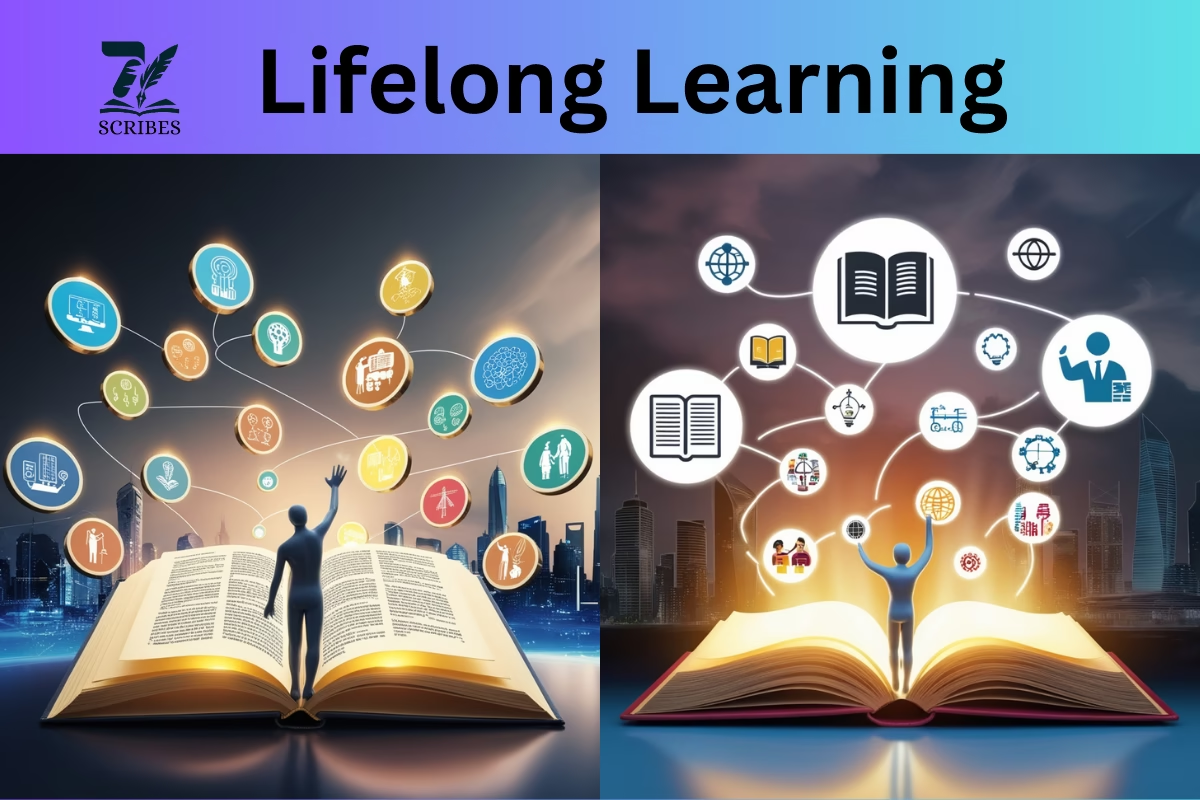
Importance of Lifelong Learning
Adaptability:
The world is changing faster than ever before. From the rapid technological advancement and job market changes, today’s professionals face challenges that their predecessors never encountered. Automation, artificial intelligence, and new industries are changing careers. Moreover, many of today’s jobs may not exist in the future. Lifelong learning is essential because it helps individuals to stay updated with the latest trends.
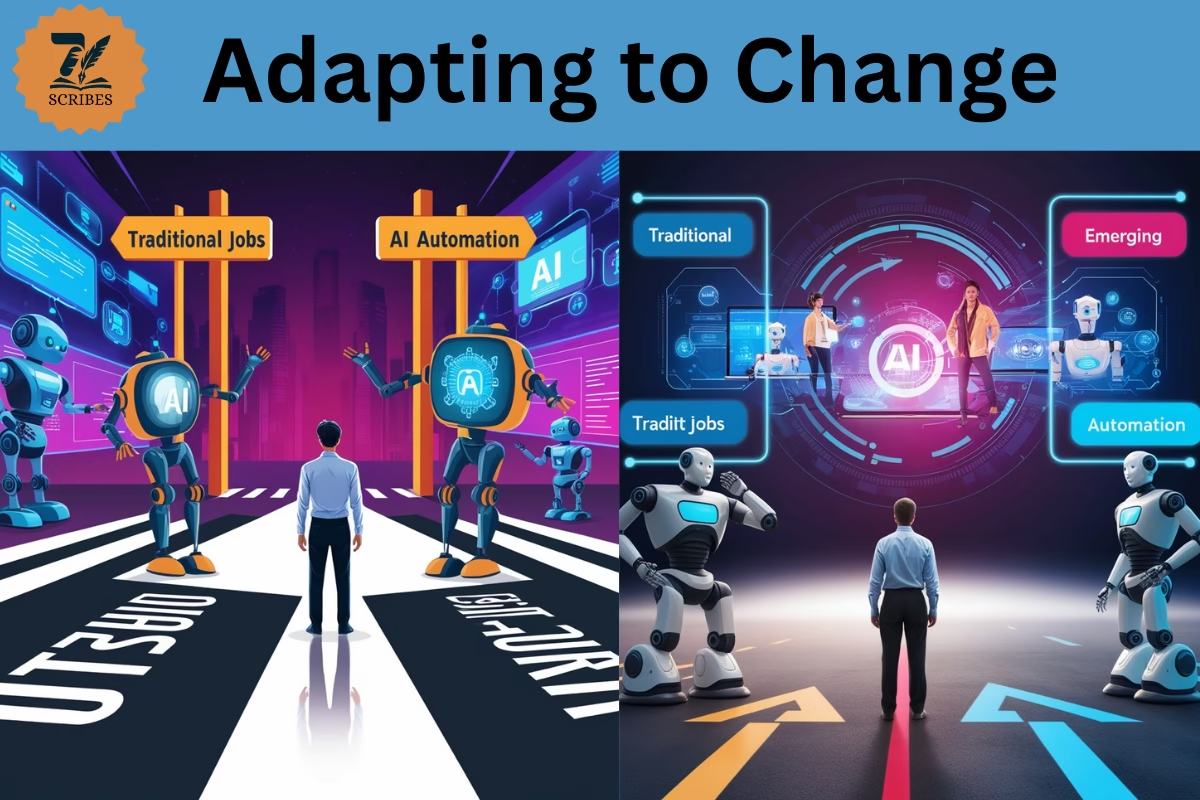
Building a Competitive Edge:
In the competitive job market, learning does not stop at graduation. Continually acquiring new knowledge and skills is vital for standing out among peers. Whether mastering new software, learning a new language, or gaining expertise in a specific field. Those who continuously gain new knowledge gain a competitive edge. They are seen as adaptable, forward-thinking, and committed to growth.
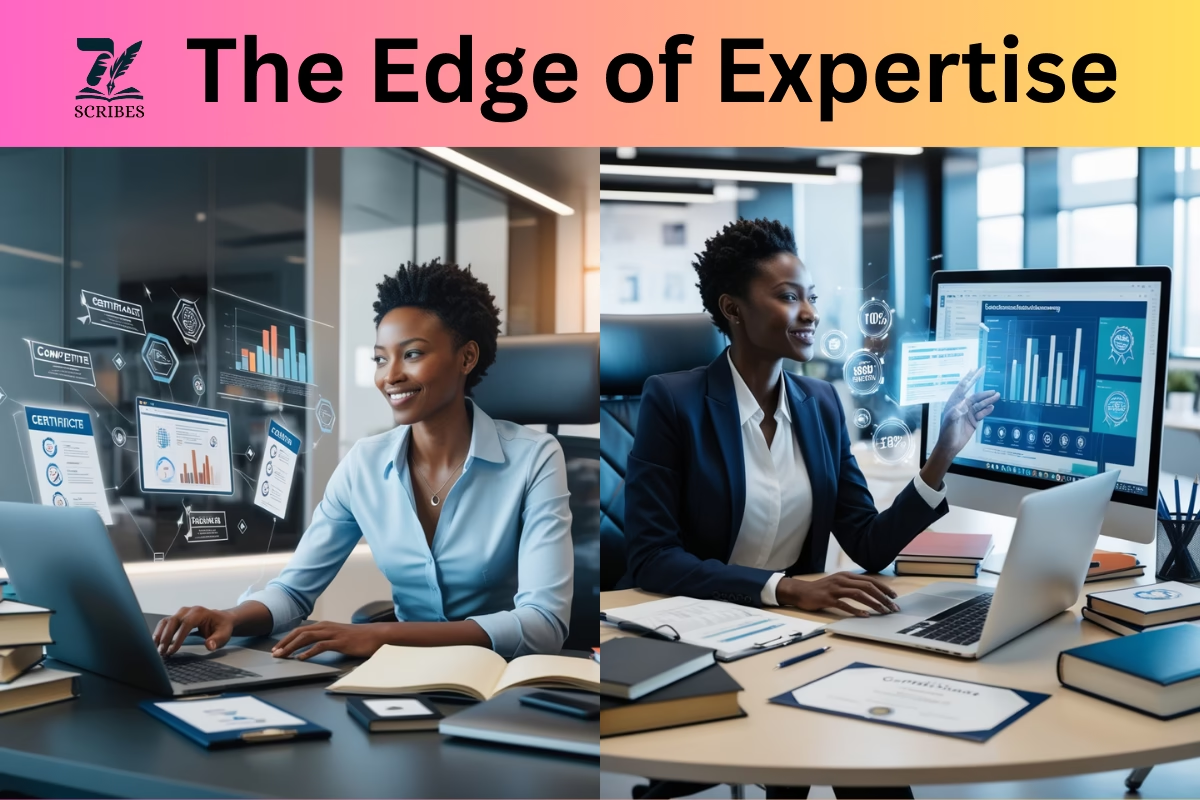
Personal Growth:
Lifelong learning is not just about professional development. It also has significant benefits for personal growth. The process of learning new skills stimulates the brain, which improves our cognitive abilities. We feel a sense of achievement when we accomplish goals and master new skills. The act of learning also promotes emotional well-being because it keeps the mind engaged, sharp, and open to new ideas.
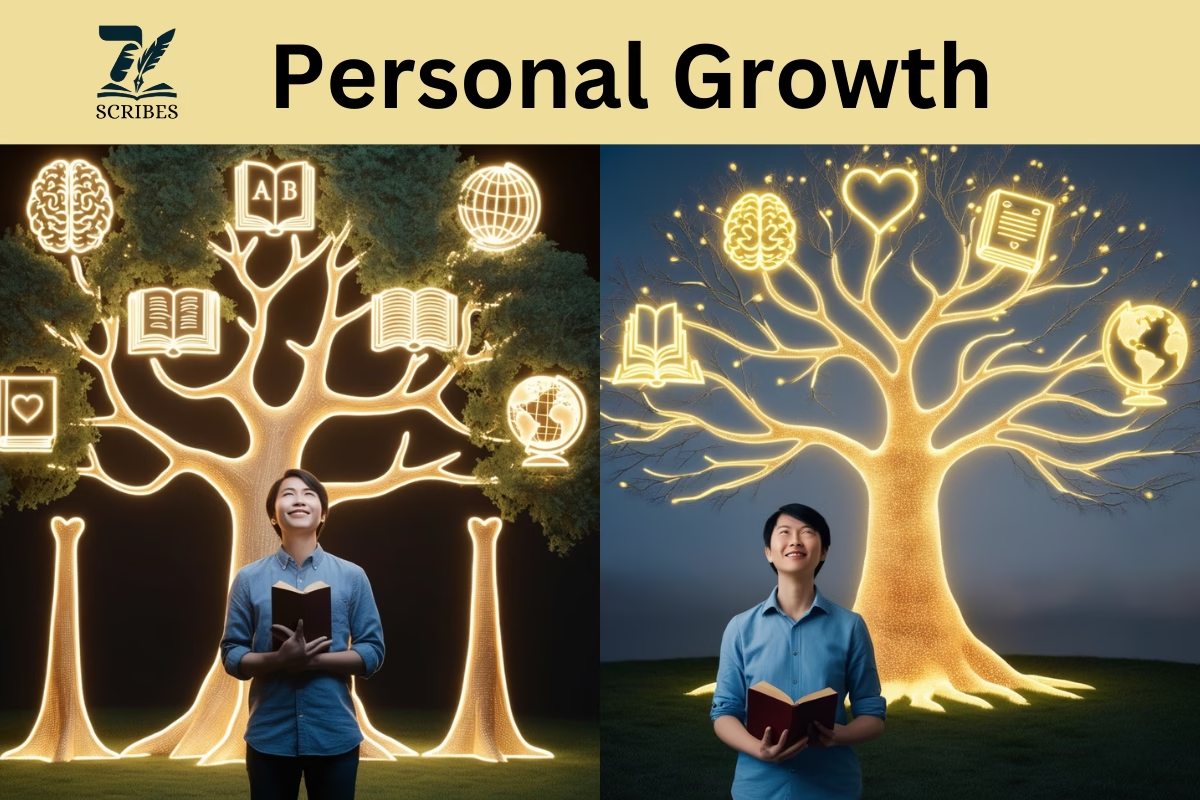
Cultural Awareness and Globalization:
In a world that is becoming more interconnected, it is crucial to understand different cultures, languages, and global issues. Lifelong learning encourages individuals to explore new perspectives. It fosters empathy and cultural awareness. Learning about different societies, traditions, and global issues broadened our worldview. This helps us navigate a diverse, global society. It also improves communication and collaboration across cultures. These skills are valuable in both personal and professional life.
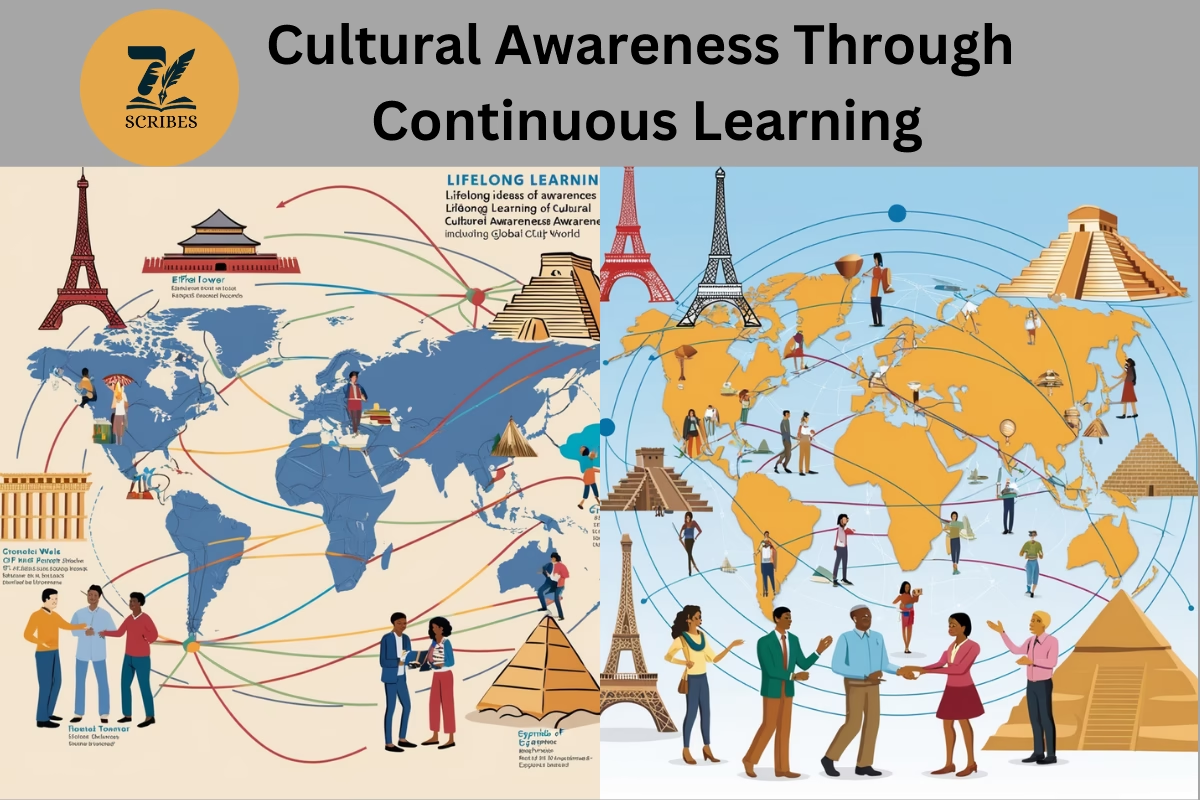
Benefits of Lifelong Learning
Career Advancement:
Lifelong learning opens doors to new opportunities. It helps us to increase our importance in the current role. Lifelong learners always stay updated with the latest trends. Therefore, they gain more opportunities than others.
Improve Problem-Solving Skills:
Continuous learning improves our thinking ability. It also helps us to enhance our problem-solving skills.
For Example:
When we gain new skills our thinking perspective changes. We see the world with broader eyes than before.
Mental Health:
Studies show that lifelong learning can help to prevent cognitive declines with age. Regular mental challenges, like learning new things keep the brain active and healthy.
Ways to Engage in Lifelong Learning
There are many ways to engage in lifelong learning. Some important ways are:
Formal Education
It is a traditional and structured way to engage in lifelong learning. It can be pursuing higher education such as bachelor’s, master’s, or doctoral degrees. In these programs, you can explore many subjects, especially in the earlier years, before focusing on your specialization.
Online Learning Platforms
In today’s modern era, obtaining education is easier due to online learning platforms. Many online learning platforms like Coursera, edX, Great Learning, LinkedIn Learning, and Udemy, offer many courses that you can complete at your pace. Whether you want to learn a new programming language, business skills, or study psychology, these platforms provide a convenient way to acquire knowledge from experts.
Reading
It comes as no surprise that reading is the most popular medium of learning and intellectual enrichment. Reading books, journals, and articles is an excellent way to enhance understanding of any subject matter. We read books and gain different perspectives, which improves our critical thinking skills. Developing a reading habit is an easy way to engage in lifelong learning.
Conclusion
In, conclusion, lifelong learning is a crucial factor for success. It is a thing that keeps one relevant in their job, developing to confront new challenges, and more importantly, personally developing themselves. It helps you sharpen your skills, increases your confidence, and helps you stay relevant. One can learn through formal education or online courses. Adopt the concept of lifelong learning and keep on growing professionally as well as personally.
FAQ’s
Q1) What does lifelong learning mean?
Lifelong learning means always learning new things throughout your life. It helps you grow and stay updated with changes around you.
Q2) What are the aims of lifelong learning?
Lifelong learning aims to improve personal growth, adapt to changes, enhance career skills, and foster continuous development and curiosity throughout life.
Q3) What is a lifelong learning mindset?
A lifelong learning mindset is the belief that learning is a continuous, ongoing process. It involves staying curious, being open to new ideas, and seeking opportunities to grow and improve, both personally and professionally, throughout life.
Q4) What is the best example of lifelong learning?
A real-life example of lifelong learning is a teacher who regularly attends workshops or takes online courses to improve their teaching skills and stay updated with new educational methods.